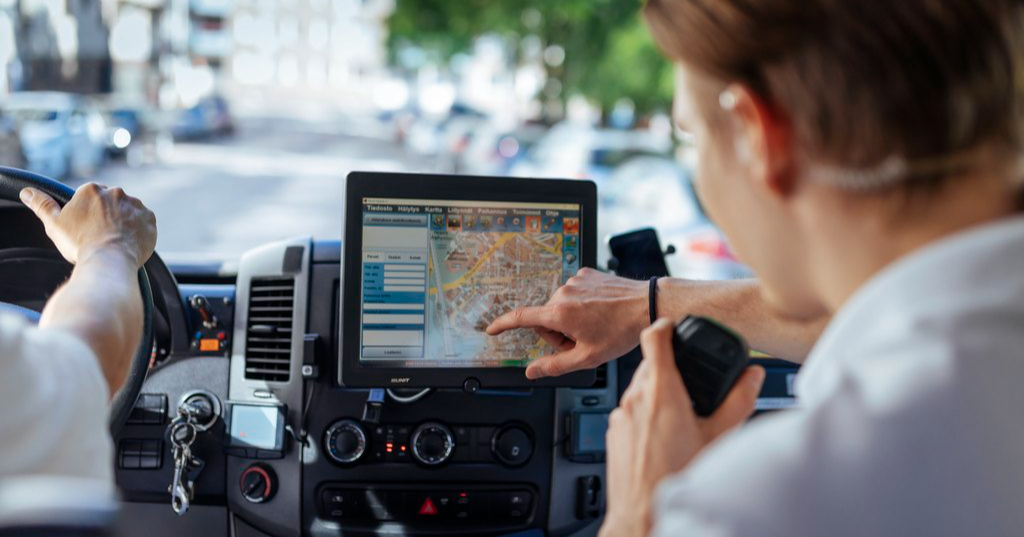Time and location information systems based on satellite navigation systems are increasingly important

Many jobs and societal functions depend on a Global Navigation Satellite System (GNSS) nowadays. Digital services require time and location information provided by satellites to enable the operations of banking services and power grids, and to help the rescue service find people who are lost and truck drivers locate timber stacks in the forest. A new action programme for developing satellite navigation in Finland was published on 16 November 2021.
Availability of the time and location information required by digital applications is often taken for granted. General technicalisation and digitalisation have made Finnish society dependent on the availability of reliable time and location information. For example, information from GNSS systems is used for providing transport services and in operating electricity and telecommunications networks.
The action programme seeks to ensure efficient use of GNSS systems in society, and to support operating conditions for the business community. The programme identifies 19 concrete measures. These concern the goals of Finland for international co-operation, national preparedness, expertise and satellite navigation services. The action programme extends a programme that was completed in 2017.
Satellite navigation enables novel products and applications
The action programme covers the period from 2021 to 2025, with the performance of satellite navigation systems expected to improve significantly. The EU's Galileo system will be fully operational in 2022-24. It will include the Galileo precision service, providing location data to an accuracy of about 20 centimetres and opening up innovation opportunities in the consumer market and for use by professionals and public authorities. Early adoption of new features in product and application development may provide a competitive edge to the operators that take advantage of these features.
Deployment of a public authority service based on the Galileo system is planned for Finland in 2024. The Public Regulated Service (PRS) is intended for public authorities and for businesses that are critically dependent on security of supply.
Number of satellites doubles in a decade
Satellite navigation systems have developed rapidly over the last ten years. The Russian GLONASS, Chinese BeiDou and European Union Galileo system have emerged alongside the American GPS system. Indeed, the total number of GNSS satellites has doubled in the last decade.
The market for products and services based on satellite navigation systems continues to grow rapidly. The global value of this market was approximately EUR 150 billion in 2019, with the EU accounting for some EUR 38.4 billion of this total. More than six billion devices with a GNSS receiver were in use globally in 2019, with annual sales of new devices standing at approximately 1.7 billion.
What's next?
The action programme will continue until 2025. Implementation of the programme will be promoted and monitored by the Ministry of Transport and Communications and its administrative agencies, and by the national space administration. The action programme will also be published in Swedish and English at the end of the year.
Inquiries:
Janne Mänttäri, Senior Ministerial Adviser, Ministry of Transport and Communications, tel. +358 40 069 3544, [email protected], Twitter @janne_manttari
Tero Vihavainen, Chief Specialist, Finnish Transport and Communications Agency Traficom, tel. +358 40 824 0982, [email protected], Twitter @VihavainenTero
Institutional Repository for the Government: Efficient Use of Satellite Navigation Systems in Finland - action programmme 2021-2025 (in Finnish). Publications of the Ministry of Transport and Communications 2021:27



